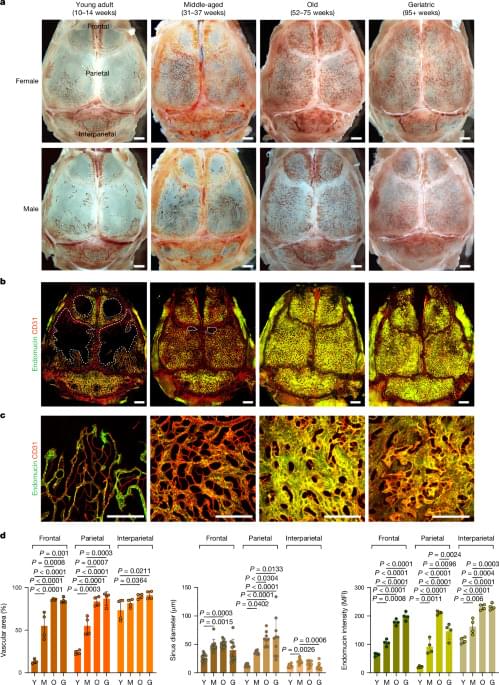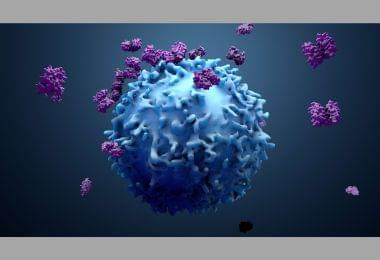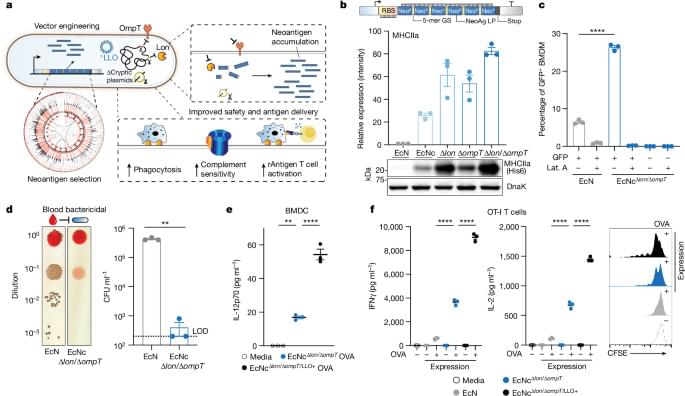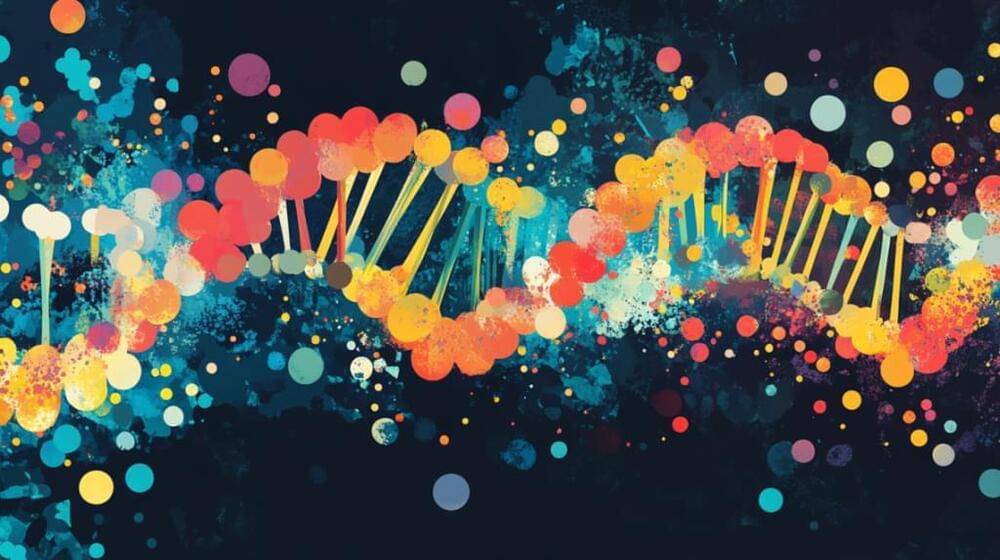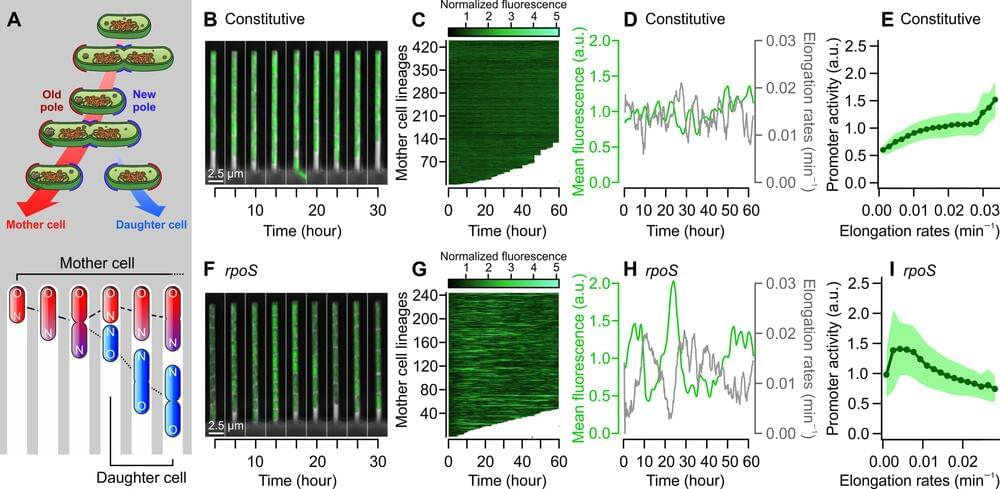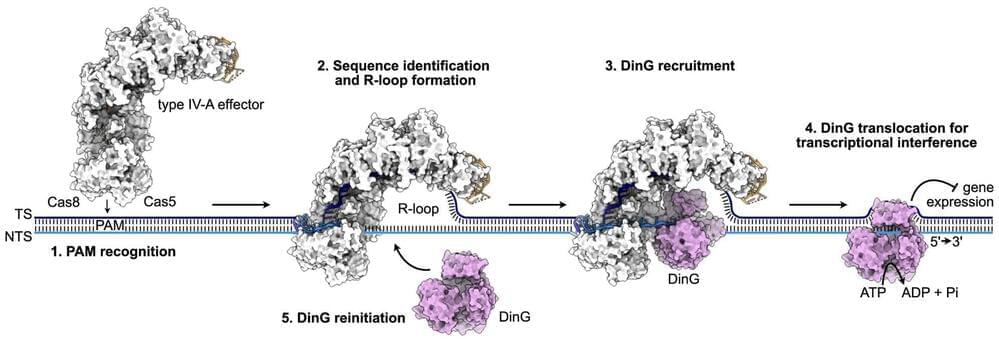Nov 16, 2024
OneSkin raises $20M Series A funding round to research skin health and longevity
Posted by in categories: biotech/medical, genetics, life extension
OneSkin, founded by Brazilian PhD scientists in 2016, reports that it has now closed a Series A funding round led by Selva Ventures, together with contributions from PLUS Capital, Unilever Ventures, Able Partners, SOSV, and Meta Planet. This brings the accumulated capital of the firm to 20 million US dollars.
The goal of the OneSkin team is the research and development of topical treatments that promote skin longevity. The brand’s efforts have led to the development of the peptide OS-01, which is claimed to reverse the aging of the skin by preventing the accumulation of “old”, non-dividing senescent cells, as well as shield skin cells from DNA damage. OS-01 is already available on the market in several different products offered by the company.
Senescent cells have been the focus of a significant amount of biogerontological research in recent years. Scientists claim that every cell in the human body has a limited capacity for division, governed by genetic factors. When the cells reach the point in their lifecycle where their ability to divide is permanently halted, they remain in a minimally-functional state in the tissue types they inhabit.

